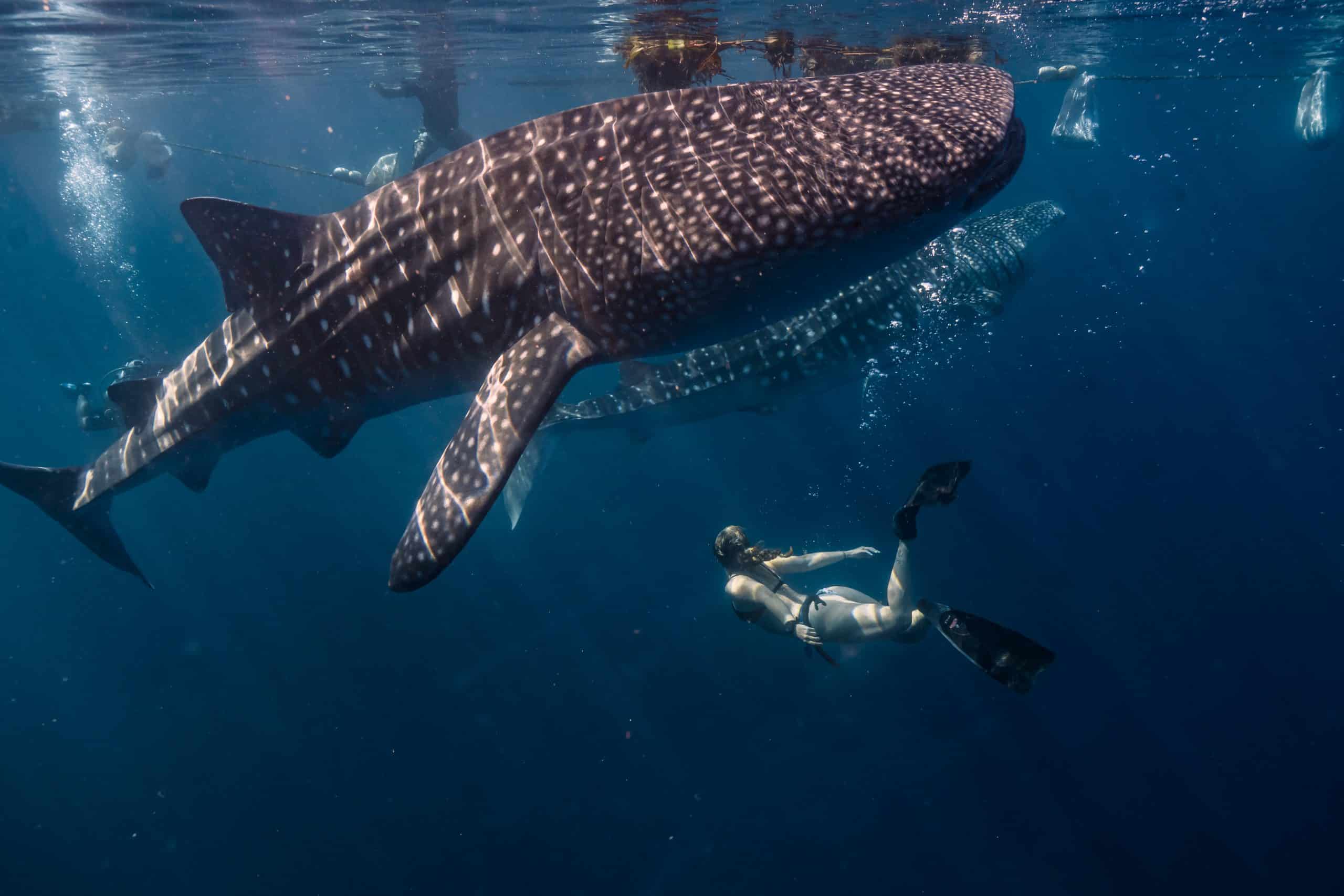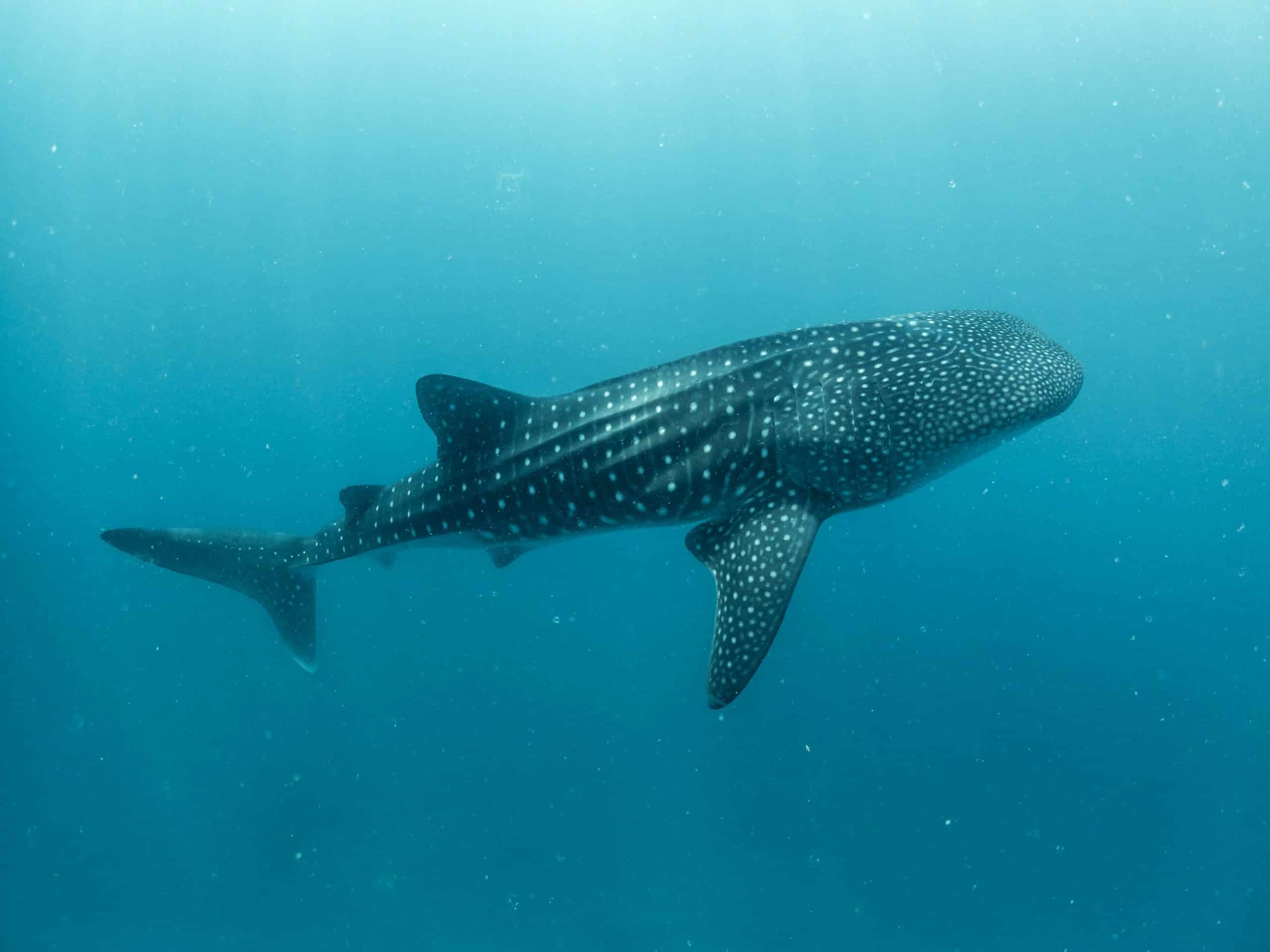Researchers from the Australian Institute of Marine Science analysed biopsies taken from whale sharks in Western Australia’s Ningaloo Reef.
They then took samples of food sources from the reef and compared them to the amino and fatty acids found inside the whale shark.
Biologists were able to find compounds of Sargassum- a type of brown seaweed-in the tissue of the animal.
Finding out this crucial information led the institute to declare that whale sharks are now indeed the world’s biggest omnivore.
“In the sea we always thought the animals that have gotten really big, like whales and whale sharks, were feeding one step up the food chain on shrimp-like animals and small fishes, Fish biologist Dr Meekan said.
“Turns out that maybe the system of evolution on land and in the water isn’t that different after all.”

“Something like a whale shark, which swims through the water with its mouth open, is going to ingest a lot of different things,” said CSIRO biogeochemist Dr Andy Revill.
“But you don’t know how much of that has been used by the animal and how much just goes straight out the other end.
“Whereas stable isotopes, because they’re actually incorporated into the body, are a much better reflection of what the animals are actually utilising to grow.”
Scientists were able determine that the whale sharks were actually gaining more energy from the seaweed, something they discovered by analysing their faeces, which showed the krill nutrients weren’t being absorbed.
Research was published in the journal Ecology.






